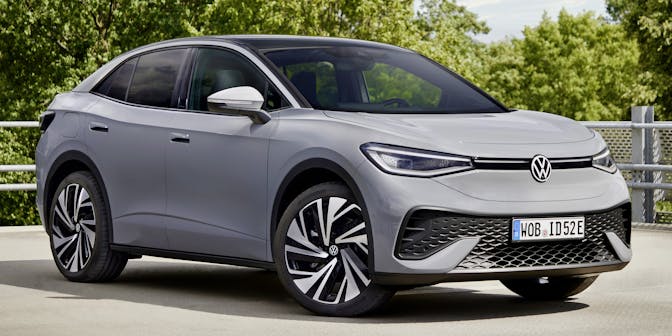The ZEV Mandate – what is it and how will it work?
The Zero Emission Vehicle (ZEV) mandate is an important new element of the UK electric car market. But what is it and how will its impact be felt in 2024?
The British Prime Minister Rishi Sunak has delayed the date for ending the sale of new petrol and diesel cars, from 2030 to 2035. However that’s not the full story: there’s more detail behind this in the form of Zero Emission Vehicle (ZEV) Mandate, which forces manufacturers to sell an increasing percentage of electric cars (and vans) in the UK each year.
The ZEV Mandate proposal, worked up by the Department for Transport, has today (28 September) been finalised by the government, and lays down increasing percentages of EV sales leading up to the 2030 date for the end of petrol and diesel car sales, and up to the 2035 date for the end of ‘hybrid’ car sales (the consultation described vehicles with ‘Significant Zero Emission Capability’ although the exact definition of this has never been clarified).
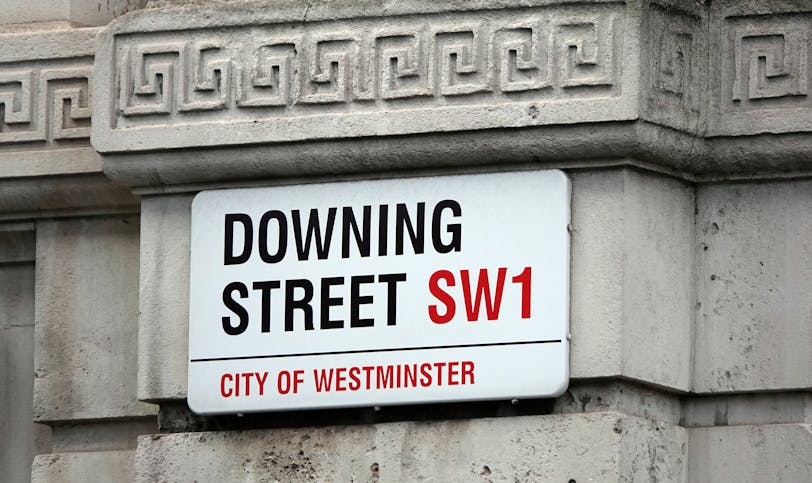
The ZEV Mandate unveiled today sets minimum annual targets, starting with a requirement for 22% of new cars sold in 2024 to be zero emission, as originally proposed. This will rise each year up to 80% of new cars and 70% of new vans sold in Great Britain to be zero emission by 2030, and 100% by 2035, although some manufacturers already plan to reach 100% sooner.
The measures give manufacturers flexibility through a trading scheme, enabling them to ‘bank compliance’ in years when they exceed annual targets for use in future years, or trade them with other manufacturers that have fallen short. In the first year car manufacturers can borrow for up to 75% of their annual target, falling to 25% in 2026, to support them in the early stages.
Car manufacturers need certainty about future regulations in order to invest, and Ford has been vocal about the negative impact of the 2030 date change; it has been having internal discussions about the implications for the company since the PM’s announcement. Stuart Southgate, Director of Sustainability, Environmental and Safety Engineering, Ford of Europe, says that “clarity about the government’s direction is needed by manufacturers – and also by consumers”.
Nissan has since announced that it is committing to all its vehicles sold in Europe being electric by 2030.
The Society of Motor Manufacturers and Traders (SMMT) has said that the mandate is the “single biggest mechanism to deliver net zero”. However, there’s another issue relating to the sale of electric vehicles in the UK that also hasn’t yet been resolved: rules of origin.
Rules of origin apply to shipments of cars across the Channel under the terms of the Brexit deal, the UK-EU Trade and Cooperation Agreement, requiring vehicles made in the UK or EU to source 45% of their components by value from the UK or EU to avoid a 10% tariff when exported either way.
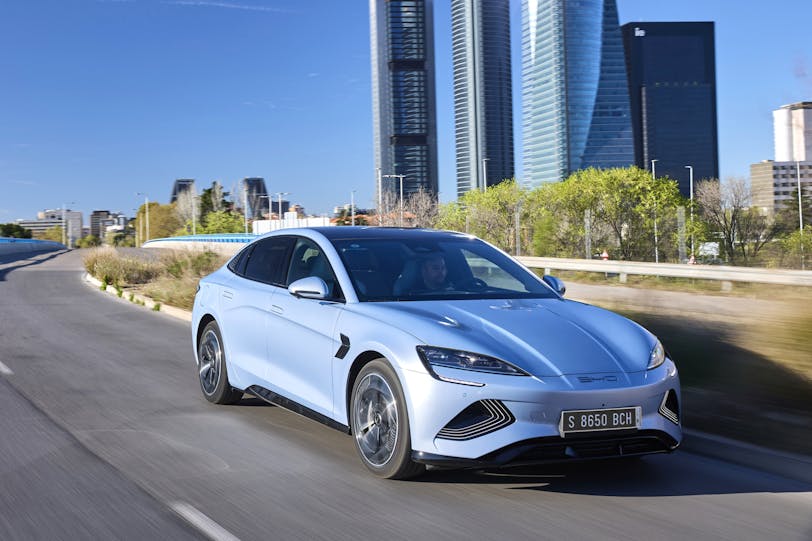
The idea is to ensure that electric vehicles have batteries produced in either the UK or the EU – but the UK has been very slow to attract a battery gigafactory. Europe has many more gigafactories, either in development or in operation – but China has been producing a greater number of EV batteries for many years.
Cars that do not meet the rules of origin criteria will face 10% tariffs when transported across the Channel, in either direction. Like the ZEV Mandate, this 10% tariff is due to come into force in January 2024, and the extra cost is likely to be added on to the price of an electric car. The European Automobile Manufacturers Association (ACEA) warned that the measures could reduce output from EU factories by 480,000 vehicles. The automotive industry in the UK and Europe is hoping that rules of origin will be delayed, but this hasn’t been confirmed by the EU, who state that rules of origin were agreed between the UK and the EU as part of the Brexit deal, and so shouldn’t be changed.
Ironically, the rules were designed to protect the European automotive industry from cheap imports, but if the rules are implemented, they are likely to have the opposite result – making EVs manufactured in Europe more expensive than EVs imported from countries such as China.
The automotive industry has been in turmoil since the Brexit referendum, then COVID came along, resulting in more demand for EVs than supply, largely due to the shortage of semi-conductors. Now we have the 2030 ICE ban date moved back to 2035, slow confirmation of the final details of the ZEV Mandate, and Rules of Origin threatening to add tariffs to EVs. All in all, it’s been a challenging time for EV manufacturers, and at the moment there appears to be no light at the end of the tunnel.
ZEV Mandate targets 2024 to 2029
By 2035 all new cars sold in the UK need to be 100% electric.
2029
66%
2028
52%
2027
38%
2026
33%
2025
28%
2024
22%
Our electric car lease special offers
Cupra Born 169kW e-Boost V1 59kWh 5dr Auto
- £2,098.85 Initial rental (ex. VAT)
- £2,518.62 Initial rental (inc. VAT)
- 48 Month term
- 5000 Annual mileage
- Subject to status and conditions + arrangement fee
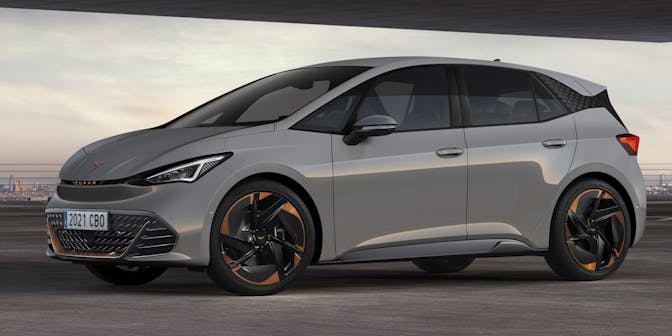
Ford Puma Gen-E 123kW Select 43kWh 5dr Auto
- £2,324.57 Initial rental (ex. VAT)
- £2,789.49 Initial rental (inc. VAT)
- 48 Month term
- 5000 Annual mileage
- Subject to status and conditions + arrangement fee
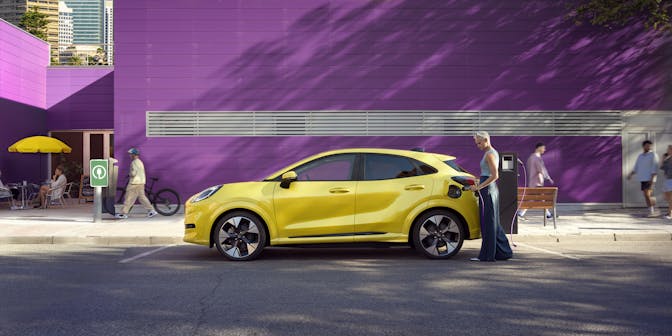
Volkswagen ID.5 210kW Match Pro 77kWh 5dr Auto
- £2,722.90 Initial rental (ex. VAT)
- £3,267.48 Initial rental (inc. VAT)
- 48 Month term
- 5000 Annual mileage
- Subject to status and conditions + arrangement fee
